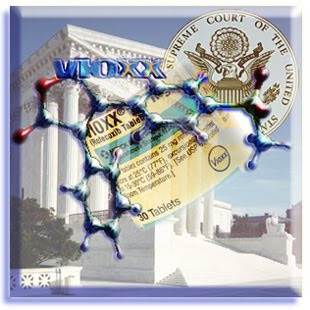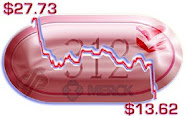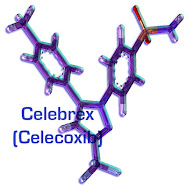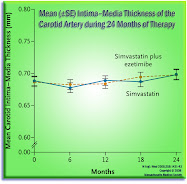Yep. In much the same way that the Pfizer Zoetis spin-off has become a dominant force in animal health since its 2013 launch, it seems Pfizer -- by enlisting GSK's aid -- is looking to do much the same, in consumer health: the two will contribute the consumer health businesses of each, and then spin the resulting company off.
No matter what anyone else does, I suspect this behemoth combination will face antitrust scrutiny in several product-lines, and geographical market segments. But Bayer, as the historical buyer of Merck's (legacy S/P) consumer health brands (historical consumer health backgrounder there) now has some choices to make: (i) remain in an "also ran" market position in consumer health (as it now is, behind Merck as well, in animal health) -- content with middling margins (but very steady cash flow, on mature brands) -- or (ii) do a deal to "upsize" itself. . . or perhaps least likely, (iii) launch a series of increasingly sharp antitrust-focused discussions, with EU and US authorities, opposing the Pfizer spinoff, as anti-competitive. Here's a bit from yesterday's NYT deal news, on Pfizer:
. . . .GlaxoSmithKline, which is based on Britain, will own 68 percent of the new entity; Pfizer, which has its headquarters in New York, will own the balance, according to a news release announcing the venture on Wednesday.
The companies said they expected the deal, which is subject to shareholder and regulatory approval, to close in the second half of next year, and that plans call for it to be spun off within five years though a listing on the British stock markets.
The divisions being merged had combined global sales of $12.7 billion in 2017. As one company, they would be the world’s largest over-the-counter supplier, with a market share of 7.3 percent, according to GlaxoSmithKline. . . .
 I think GSK will come to regret that last line, as it discusses EU competition commission clearance measures. In any event -- Bayer has a series of choices -- none of them mutually exclusive, of course -- to think through now. The Japanese Kanji for problem is also the kanji for. . . opportunity.
I think GSK will come to regret that last line, as it discusses EU competition commission clearance measures. In any event -- Bayer has a series of choices -- none of them mutually exclusive, of course -- to think through now. The Japanese Kanji for problem is also the kanji for. . . opportunity.
Onward -- as holiday arrivals continue. . . smile.
नमस्ते

















No comments:
Post a Comment